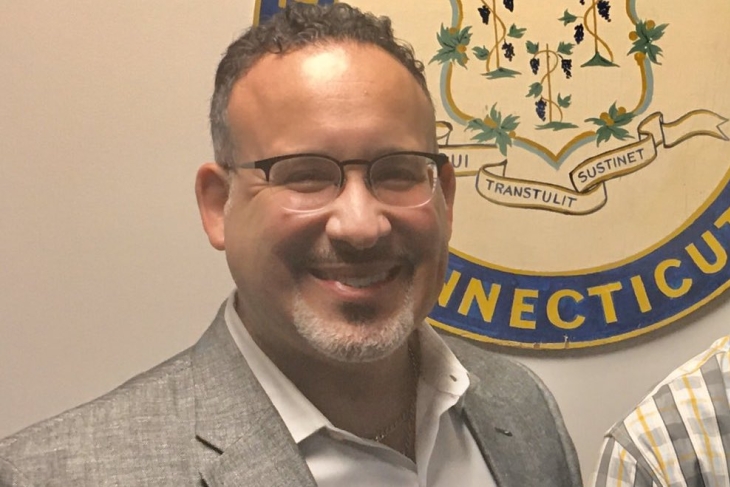President-Elect Biden has confirmed that he will nominate Dr. Miguel A. Cardona to serve as the next U.S. Secretary of Education. He appears to be a prudent choice for Biden, earning support from teachers unions and education reform groups, including charter operators. Cardona is the current Connecticut Commissioner of Education. He has served in many roles before becoming commissioner in August of 2019, including elementary school teacher, principal, district administrator, deputy superintendent, and adjunct professor. He has also led various state-level groups, co-chairing both the Connecticut Legislative Achievement Gap Task Force and the Connecticut Birth to Grade Three Leaders Council.
One of his titles is remarkable because it isn’t newsworthy: Dr. Cardona is a current charter school authorizer.
Authorizing is an important task, but decreasingly newsworthy because it has gradually become just one task among the many responsibilities borne by contemporary leaders at the helm of state or district school systems.
Of the nation’s roughly 1,000 entities that authorize charter schools, about 900 are school districts. Local districts may serve as authorizers in thirty-six states, and districts currently oversee more than half of all charter schools nationally. In many of these states, districts are the main authorizers. At some level, the superintendents and school boards of these districts are all responsible for the implementation of charter authorizing work.
In twenty states, state education agencies also authorize charter schools. In these jurisdictions, the ultimate responsibility for authorizing decisions is vested with either state commissioners or state boards of education. In either scenario, both state boards and commissioners share responsibility for developing and implementing charter authorizing initiatives, and commissioners oversee charter school offices or programs.
In many places in America now, it is difficult to rise to leadership positions in public education at the district or state level without acquiring responsibility for overseeing charter schools. For some leaders, authorizing is a calling and the focus of their professional work. For many more, authorizing is a secondary role that counts as just one function in their array of responsibilities.
While it need not be controversial, charter authorizing is still difficult to do well. It always deserves organizational attention and resources, and it should be a priority for any entity doing it. Leadership matters in such circumstances.
If confirmed by the Senate, Cardona will be the third of the last four U.S. Secretaries of Education who went to Washington after overseeing charter authorizing work. Secretary Arne Duncan led the Chicago Public Schools, currently responsible for 122 charters. Secretary John King served as New York Commissioner of Education, a state whose Board of Regents is an authorizer and oversees ninety-three charter schools. In his role, he oversaw the authorizing shop within the New York State Education Department. Although well-known for her support of school choice in general, Betsy DeVos is the only recent secretary who has not held responsibility for charter authorizing decisions before leading the U.S. Department of Education.
Cardona’s statements about charter schools are innocuous by contemporary standards. Connecticut’s charter sector is modest in scale, with only twenty-five schools in operation. Commissioner Cardona closed no charters during his tenure and re-upped the charters of all those that came up for renewal. When assuming the role of Connecticut's Commissioner, he commented, “Charter schools provide choice for parents that are seeking choice, so I think it’s a viable option. But [neighborhood schools] that’s going to be the core work that not only myself but the people behind me in the agency that I represent will have while I’m commissioner.”
It is a sign of the charter school sector's maturity that authorizing work has become an assumed, almost ordinary part of state and district officials’ resumes. Leaders should know that doing a great job as a charter school authorizer is not a political act and that it does not require someone to be pro- or anti-charter. But, increasingly, it is part of education systems leaders' job—one that they should aspire to do well.




